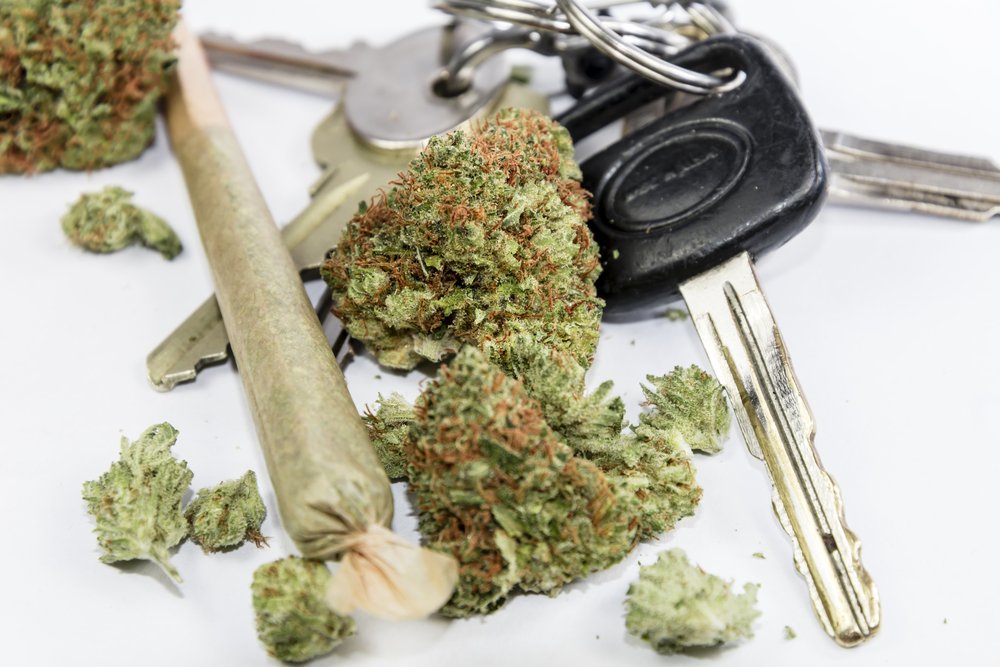
As more and more states legalize marijuana use, the Property Casualty Insurers Association of America (PCI) hosted a policy forum Aug. 1 in Washington, D.C. to discuss the dangers of marijuana-impaired driving.
“Marijuana Impairment: A Driving Factor in Auto Crashes” marked the second installment in the organization’s Capital Engagement Series for the year, and assembled a panel of experts to address the issue.
“Vehicle crashes continue to rise across the country and driving under the influence of marijuana is thought to be a factor contributing to this alarming trend,” Kate Carey, PCI’s vice president of federal government relations, said. “While twenty-nine states and the District of Columbia currently have laws legalizing marijuana in some form, driving high is illegal. When you’re high, it can impair your judgment, motor coordination, and reaction time. We need more research, public awareness, and better public policy to address marijuana impairment and testing standards to make our roads safer.”
Carey was joined at the forum by Allison Kennedy, assistant director of governmental affairs for the Advocates for Highway and Auto Safety, and by Russ Martin, director of government relations at the Governors Highways Safety Association.
While drugged driving in on the rise, Martin said, the expanding of impaired driving countermeasures to include drug use is key to combating marijuana and other drug-impaired driving incidents. Additionally, states and communities need access to tools, funding, and other resources to allow them the ability to educate, prevent, and address drug-influenced traffic challenges, he said.
“Impaired driving, caused by alcohol, marijuana and other drugs, is a major public health and safety problem that results in thousands of needless deaths each year,” Kennedy said. “There is no doubt that the increasing prevalence of marijuana use is a serious highway safety concern. Today, we face similar challenges to those we confronted in the battle against drunk driving. There is a critical need for improved data collection and analysis, reliable roadside testing technology and updated anti-impairment driving laws to address drug use.”